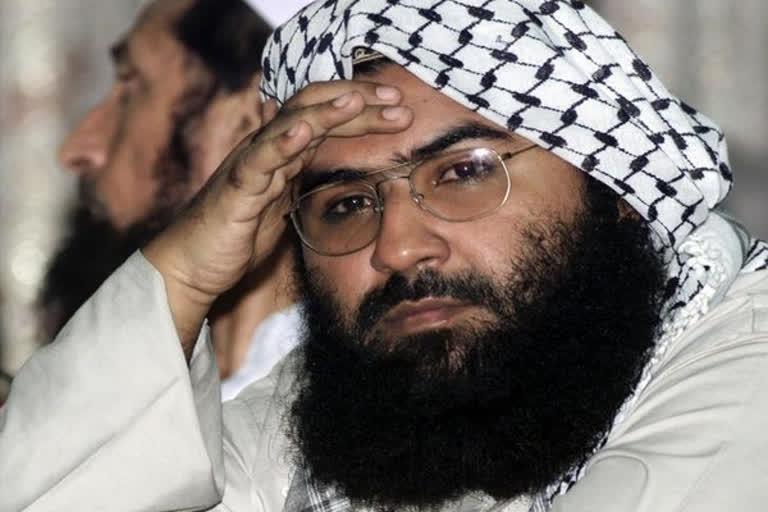Washington: Terrorist organisations like Jaish-e-Mohammed have become part of Pakistani strategy for wresting Kashmir from Indian control and maybe one of the greatest obstacles to resolving the crisis in the valley, a US-based author said in a report for the New York Times.
Writing in the American publication, award-winning author Yudhijit Bhattacharjee put forth a detailed narrative of how JeM founder and chief Masood Azhar has orchestrated attacks of violence against India over the past two decades following his release after the IC-814 hijack in the year 1999.
The author said that Azhar's success in orchestrating a series of attacks on Indian soil in recent years has angered India to the point that eliminating him and his organisation has become a key strategic objective for India's security establishment.
Last year, the JeM had claimed responsibility for the deadly Pulama terror attack that claimed the lives of 40 Indian Central Reserve Police Force personnel.
Bhattacharjee said that the next attack on the Indian soil attributed to the JeM or any other Pakistan-based organisation has the potential to ignite a full-blown conflict between two nuclear-armed neighbouring countries.
"The impunity with which Azhar has operated for so long is a source of anger among Indian security officials. It keeps raw an old wound; it reminds them that two decades ago, they had the cleric in their grasp, languishing in one of their prisons," Bhattacharjee wrote in the New York Times.
"Because India has in effect declared a policy of crossing the border into Pakistan to fight terrorists when necessary, the next attack on Indian soil that can be attributed to Jaish or any other Pakistan-based organization has the potential to ignite a full-blown conflict between two nuclear-armed neighbours," he added.
In a major diplomatic victory for India, Azhar was listed as an international terrorist by the United Nations Security Council last year.
Bhattacharjee noted that despite the deadly Pulwama attacks and other incidents of violence against India, Pakistan has refused to prosecute Azhar or bring his organisation to justice.
"Indian officials find this galling but unsurprising, because, they contend, Inter-Services Intelligence -- Pakistan's powerful intelligence service -- provides Jaish with funding, training and logistical support to fight a proxy war against India," the author notes.
He added that India's move to revoke Article 370 of the Constitution that accorded special status to Jammu and Kashmir was bound to be seen by Pakistan's military as a strategic defeat -- "one that I.S.I. will be plotting to avenge."
Read Also: Pak rejects India's accusation of politicising SAARC video conference
(With inputs from ANI)



